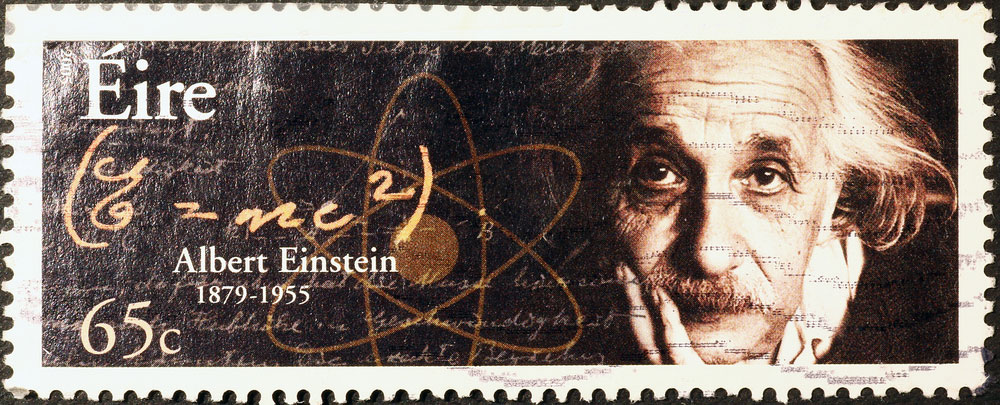Scientists on Wednesday described the first-ever creation in the low gravity conditions of space a Bose-Einstein Condensate (BEC), an exotic and ultracold state of matter first predicted in 1925 by Albert Einstein and Satyendra Nath Bose.
The scientists at the Liebniz University Hannover, Germany, said they created the BEC on an unmanned sounding rocket and conducted 110 experiments during six minutes of “in-space flight”.
They produced the BEC by cooling rubidium atoms to a whisker above minus 273.15 degrees Celsius or Absolute Zero.
Their feat, described in the research journal Nature, shows how atoms and optical tools could be used to create a BEC in the low gravity space environment and aboard a moving rocket.
The scientists say their experiments may pave the way to miniaturise ultracold tools in space for use in space-based detection of gravitational waves or for new types of communication satellites.

Shutterstock
Maike Lachmann and colleagues across collaborating German institutions produced the BEC in an experimental set-up that fit into the payload module of the rocket only 2.5m high and 50cm in diameter. Scientists say the equipment for producing a BEC on Earth typically occupies half a room.
The experiments on the rocket were done on January 23 2017.
The work paves the way for new types of “sensors in space that could be used to conduct experiments not possible on Earth”, Liang Liu, a physicist at the Shanghai Institute of Optics in China, said in a special commentary in the same issue of Nature.
The concept of BEC was first theoretically proposed by Einstein in 1925, drawing heavily on ideas that Indian physicist Bose had sent him in a research paper a year earlier. But it wasn’t until 1995 that physicists in the US became the first to produce a BEC in a laboratory.
A team of physicists at the Tata Institute of Fundamental Research, Mumbai, produced a BEC for the first time in India in 2007. Producing a BEC is not easy, Liu has pointed out in the commentary.
The successful creation of BEC shows that the technology works under space conditions, the Institute of Quantum Optics at Leibniz University said. The researchers also plan future BEC in space experiments to test a key idea called the equivalence principle in Einstein’s general theory of relativity.

